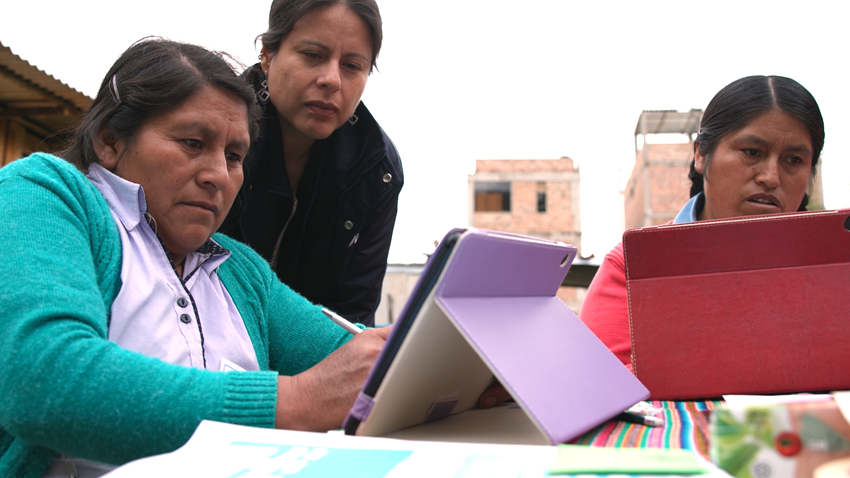Research based Evaluation Study
Research based evaluation of FOCUS and the complementary materials
Our work is driven by a strong interest in learning more about and investigate the effect of FOCUS and the complementary materials, which in 2022 led us to initiate a research-based evaluation together with two researchers.
The purpose of the study was to investigate the participants' experience of usefulness and meaningfulness in relation to FOCUS and the materials, and to investigate whether a possible effect on the participants' learning can be captured after finishing the program.

The preliminary results show very good results where 9 out of 10 participants after completing the program can read and write at a basic level. The participants state further effects such as increased independence and increased opportunity to move around by now being able to read signs and navigate in their surroundings. Other effects that the participants stated were that they experienced increased participation in their children's lives and increased opportunities for financial support. The final results are expected to be published in 2024.
In 2024, we will continue to work together with researchers to investigate the effects of our program, this to be able to ensure that we are doing the right activities, but also to get a basis for adjusting and improving the content of FOCUS and the complementary materials for increased learning outcomes amongst our participants.
Entry Assessment study
In october 2024 we initiated a new research-based evaluation together with two researchers and experts in literacy and numeracy development. The study is conducted with 45 women in the ages of 25-55 who have limited experience of formal school in four communities in the Cajamarca region, Peru.

The purpose of the study is to investigate the participants' prior literacy and numeracy abilities as well as investigate the participants motivations and desires before entering the program.
The goal of the study is to create entry assessment instruments that in a respectful and humble way captures the literacy and numeracy knowledge and motivations of our participants before they enter our Literacy Program.
In this way we will be able to support our participants in the best way as well as follow their learning trajectories throughout the program. Together with our post assessments of the participants literacy and numeracy knowledge when finishing our program we can also measure the impact of our program as well as get more insights into further improvements that we need to make.



